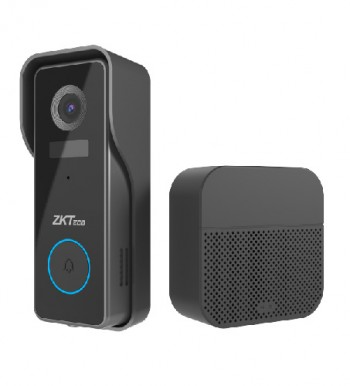
Face recognition technology is altering how organizations ensure security, efficiency, and convenience. Its ability to identify individuals based on unique facial features has led to a range of innovative applications across industries. This technology is smoothly integrated into systems like biometric face recognition devices, which offer reliable solutions for various needs in today’s digital land.
Improved security systems:
Biometric face recognition devices are widely used in security systems to identify authorised personnel and detect unauthorised individuals. It is often implemented in sensitive areas such as government buildings, airports, and corporate offices. Unlike traditional access methods, facial recognition provides contactless and efficient authentication.
Time and attendance management:
In workplaces, biometric face recognition devices simplify time and attendance tracking. Employees can clock in and out with just a glance, eliminating the need for ID cards or punch clocks. This automation reduces errors and ensures accurate payroll calculations.
Law enforcement and public safety:
Law enforcement agencies utilise facial recognition for identifying suspects and locating missing persons. Surveillance cameras equipped with this technology can scan crowds to detect individuals in real time, improving public safety and assisting in crime prevention.
Retail and customer experience:
In retail, face recognition technology is being adopted to personalize the shopping experience. It can identify returning customers, analyse their preferences, and offer tailored recommendations. Additionally, it helps in preventing theft by recognizing known shoplifters.
Healthcare sector applications:
Facial recognition is improving patient care in the healthcare industry by verifying patient identities and streamlining medical record access. It is also used to monitor patient health and mood, particularly in mental health treatments or elderly care facilities.
Financial transactions and fraud prevention:
Banks and financial institutions employ facial recognition to improve security during transactions. Customers can use their faces as an additional layer of authentication, reducing fraud risks. This is particularly useful for mobile banking and online payment platforms.
With advancements in artificial intelligence, face recognition technology continues to expand its applications across industries. By combining accuracy with convenience, biometric face recognition devices are leading the way in redefining access control, security, and personalized services. This transformative technology is set to play an increasingly key role in modern society.
